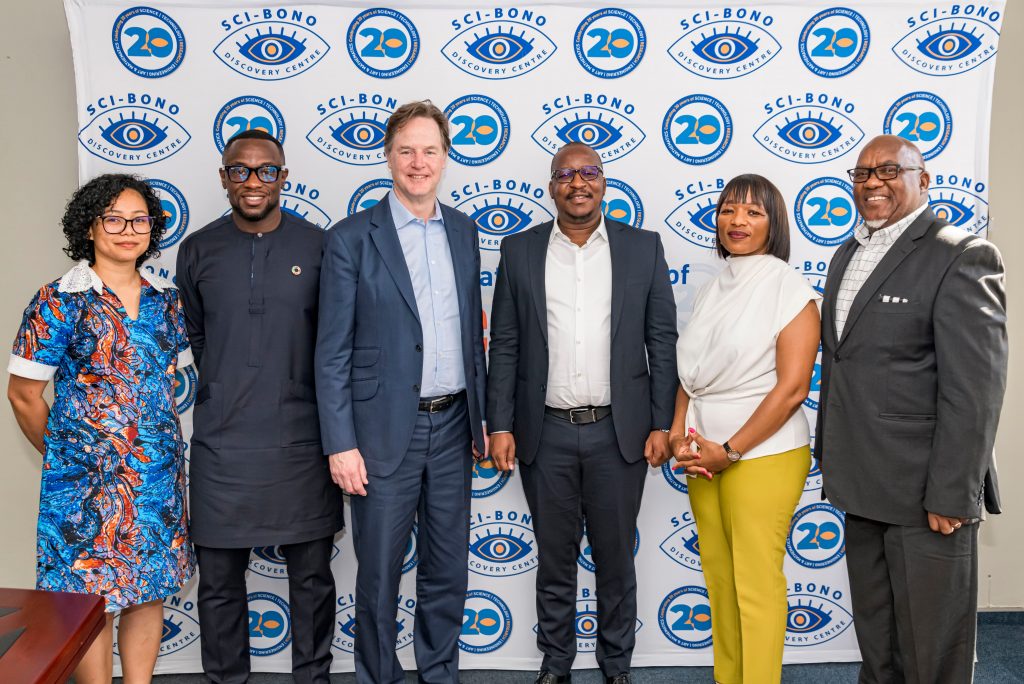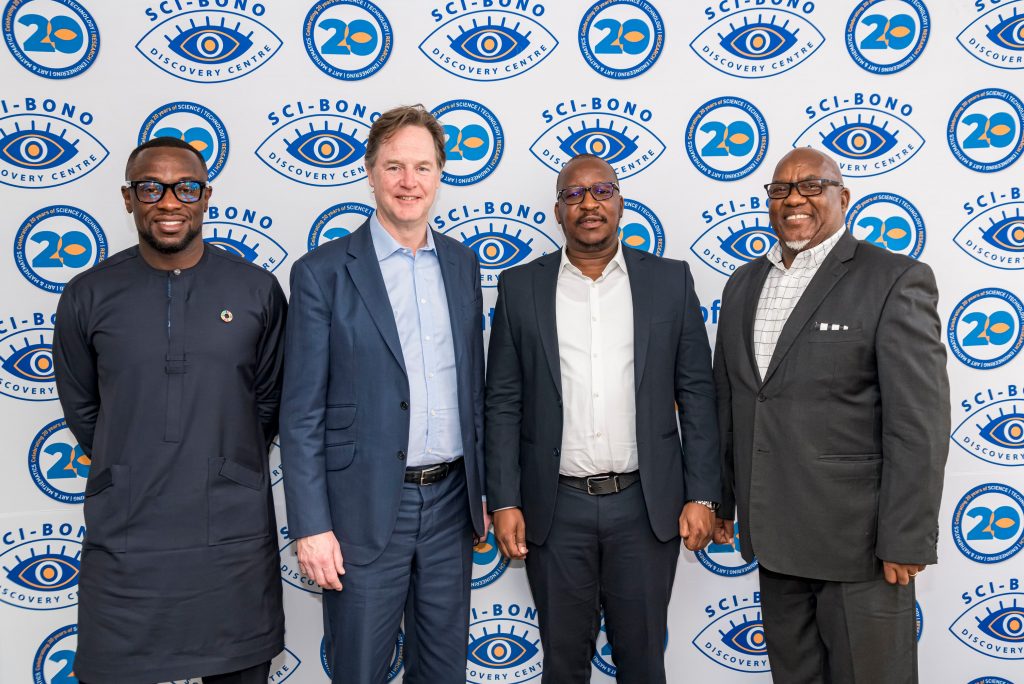Inbox icons, subject line sorcerers, CTA kings – the results are in. The 2025 You Mailed It Awards by Everlytic have crowned their champs, with Old Mutual Rewards and Machine_ taking…
AI tech tailor made in Africa can only mean one thing

Today, generative AI tools do amazing things, yet is nowhere near human-level intelligence.
They are in effect highly sophisticated pattern recognition machines, yet cannot think for themselves.
This is not a bad thing as generative AI remains a remarkable problem-solving tool.
These tools are helping to accelerate medical and scientific research which makes a massive difference in a wide range of industries.
AI tools have the potential to boost productivity enormously across the South African economy, according to Nick Clegg, Meta President of Global Affairs.

“They can help us in our everyday lives. AI assistants could provide tailored support when we need it and help us all to get more done in our days.
“Soon, we’ll be rolling out our Meta AI virtual assistant to WhatsApp, Messenger and Instagram users in Nigeria and South Africa, alongside those in a number of other countries in Africa and elsewhere, which you can use to answer questions with real-time information and generate images from your text prompts to share across your favourite app.
“As more and more people, businesses and organizations get to grips with how AI tools can help them solve problems, they could create huge economic and social opportunities. But that’s going to take time, and it is going to require that AI tools are tailored to the specific needs South Africans have.
Glegg points out that, that’s what Jacaranda Health has done with its AI-enabled digital health service prompts designed to help expecting mothers across Sub-Saharan Africa. Prompts send women text messages in Swahili tracked to their stages of pregnancy.
“It also has an AI-enabled helpdesk that uses natural language processing to triage and respond to their questions, and makes rapid referrals if a risk is identified. With Meta’s support, Jacaranda aims to expand PROMPTS to 1.3 million women across the region. To do all this, Jacaranda developed an AI tool that understands Swahili, built on Meta’s open source Llama 2 foundation model.”
Meta has a long history of sharing AI technologies like PyTorch, the leading machine learning framework, and our Llama large language models. “And we’ve published more than 1,000 AI open-source models and tools, including our ‘Seamless’ suite of AI research models that can translate your own voice into another language.”
Clegg is in South Africa this week to meet policymakers, academics, experts, and entrepreneurs to talk about open-source AI and how Meta can support the growing digital economy.


“We want Africans to build amazing things with our technologies. Better products, faster innovation, and a flourishing market in Africa will benefit Meta as it will many others,” he said.
Also read: Reasons why Microsoft, internet were down in the past 24 hours

